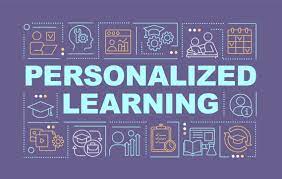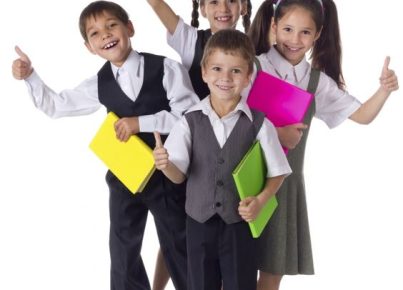In recent years, educational reform has become a primary concern for policymakers and educational institutions alike. One key area of focus has been personalized learning, which has been recognized as an effective way to improve student engagement, motivation, and performance. The Department for Education and Skills (DfES) has taken notice of this trend and is working to implement personalized learning strategies to enhance the overall quality of education in schools.
Defining Personalized Learning
Personalized learning refers to the tailoring of educational experiences to meet the unique needs, interests, and abilities of individual students. This approach seeks to create a more student-centered environment where learners can actively participate in their education and develop skills at their own pace. Personalized learning combines differentiated instruction with adaptive content, flexible pathways, and ongoing assessment to customize the learning process for each student.
The Role of the DfES in Personalized Learning
The DfES is committed to evolving education by incorporating innovative approaches such as personalized learning. As a department responsible for overseeing education policy, it plays an essential role in promoting the adoption of these practices across schools. This includes providing resources for research, implementing programs that encourage personalized learning, and supporting educators in adopting these student-centered methods.
Current Initiatives
Several initiatives are already underway to foster personalized learning at the national level. For example, the DfES has established the Innovation Unit, focused on researching and implementing more effective teaching practices based on individual needs. This unit works closely with schools to test out new teaching methodologies and assess their effectiveness.
Furthermore, various funding schemes have been launched as part of the government’s commitment to supporting these measures. These programs provide financial aid for schools seeking to implement personalized learning initiatives that serve a diverse range of students.
Challenges in Implementation
Despite its recognized potential benefits, personalized learning poses certain challenges that need addressing for successful integration within educational systems. One such challenge is the allocation of resources to develop the necessary infrastructure for personalized learning, such as advanced technology and digital platforms.
In addition, educators need significant professional development to effectively incorporate personalized learning into their classrooms. This requires financial support and time for training, which can be daunting for already stretched school budgets.
Looking Ahead
The DfES acknowledges the potential of personalized learning to revolutionize education and is actively working to support schools in adopting these practices. As policymakers continue to invest in researching methods that best serve students’ needs, personalized learning will likely play an increasingly significant role in shaping the future of education.
In conclusion, the view from the DfES regarding personalized learning is positive and forward-thinking. It is essential for schools, policymakers, and educators to work together in embracing these innovative approaches that adapt teaching methods to individual student needs. If successful, personalized learning has the potential to improve engagement, motivation, and performance for all students while laying a strong foundation for lifelong success.





